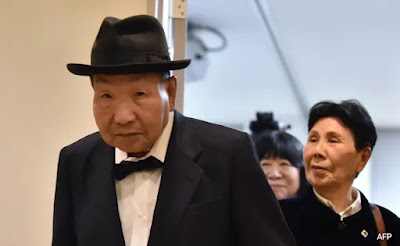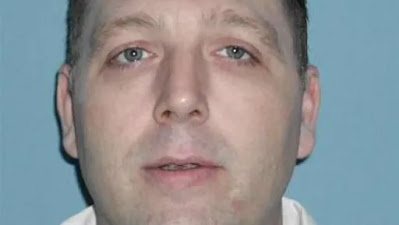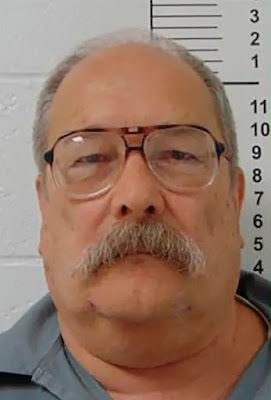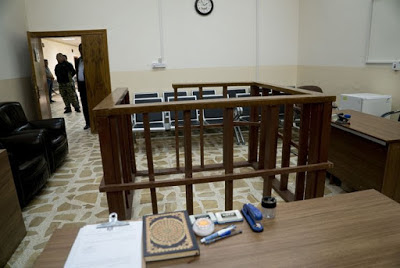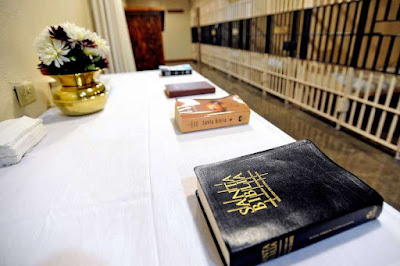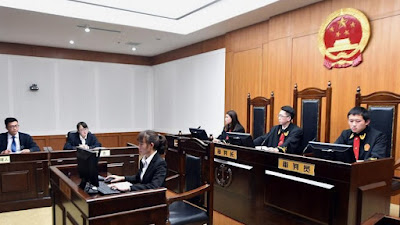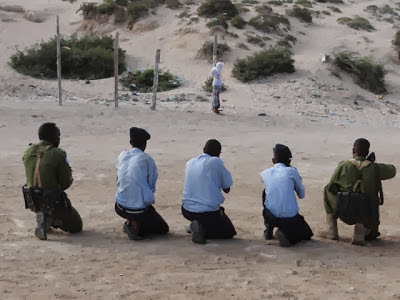 |
| Desmond Tutu |
Saudi Arabia plans to execute 14 Shiites for crimes linked to 2012 protests in Qatif, as violence in the province continues
Ten Nobel laureates from across the world have written an open letter urging Saudi authorities to hold off on the execution of 14 Shiites convicted of protest-linked crimes.
Fears are mounting of the imminent mass execution of the 14 Shiites convicted of charges linked to protests in 2012, including rioting, theft, armed robbery and armed rebellion.
Amnesty International and Human Rights Watch have accused Saudi authorities of coercing confessions which were later retracted in court and failing to grant fair trials to defendants, including juveniles.
Signed by anti-apartheid leader Archbishop Desmond Tutu, Yemeni activist Tawakkul Karman, Iranian lawyer Shirin Ebadi and former East Timor president and Nobel laureate Jose Ramos-Horta, the letter released late on Friday urged King Salman and Crown Prince Mohammed bin Salman, his son, to "extend the hand of mercy" and refrain from ratifying the death sentences.
Ultra-conservative Saudi Arabia has one of the world's highest rates of execution. This year alone, it has so far executed 75 people.
In July, the supreme court upheld the death penalty for the 14 men, all Saudi citizens. The sentences must be ratified by the king or the crown prince for the executions to go ahead.
The 14 are all linked to protests in Qatif, an eastern province home to most of the Sunni-ruled kingdom's Shiite minority, who have long complained of marginalisation.
The east is also the source of most of Saudi Arabia's oil.
Saudi authorities, who have regularly cracked down on protests in Qatif, this week seized control of the town of Awamiya after increasingly frequent clashes between residents and police.
Authorities have said drug traffickers and "terrorists" were behind the unrest in Qatif.
A spokesman for the Saudi Ministry of Justice, Mansour al-Qafari, said in a statement published on 4 August that all defendants in Saudi Arabia receive due process, AP reported.
He said terrorism-related cases and death penalty verdicts are reviewed by an appeals court and the supreme court, with a total of 13 judges reviewing a case before an execution is carried out.
Ultra-conservative Sunni clerics in Saudi Arabia have in the past referred to Shiites as apostates, and Shiite protesters have been accused of being allied with the kingdom’s regional rival, Iran.
Source:
MEE and agencies, August 12, 2017
⚑ | Report an error, an omission, a typo; suggest a story or a new angle to an existing story; submit a piece, a comment; recommend a resource; contact the webmaster, contact us:
deathpenaltynews@gmail.com.
Opposed to Capital Punishment? Help us keep this blog up and running! DONATE!
